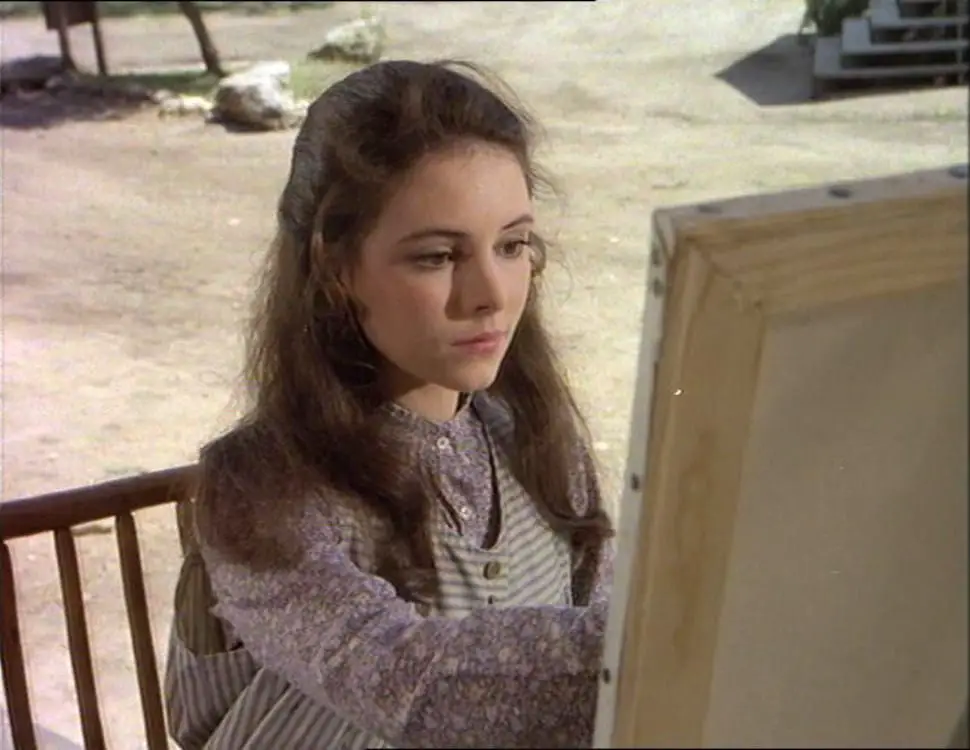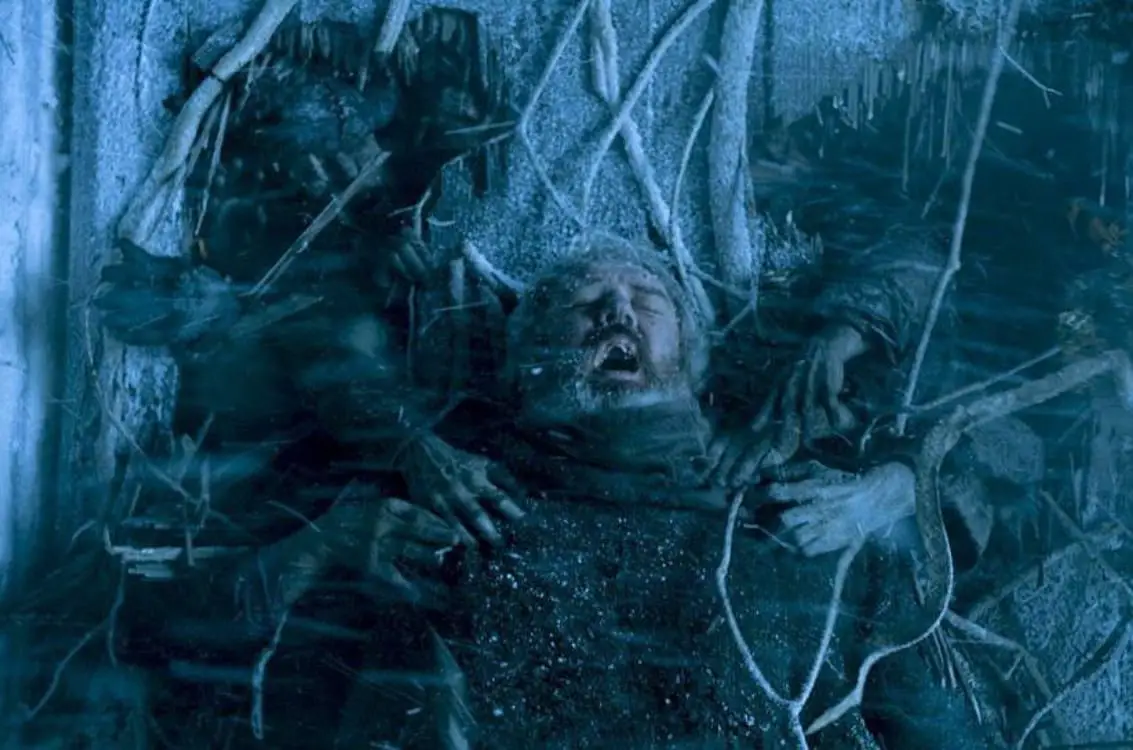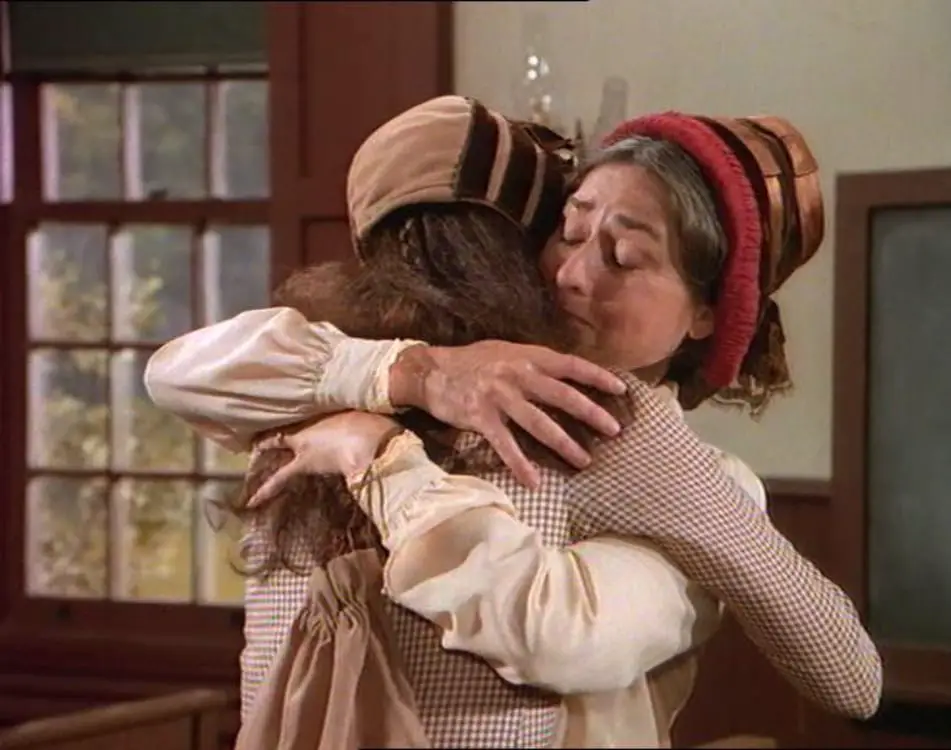The following is a correspondence to David Benioff and D.B. Weiss, showrunners of HBO’s behemoth series, Game of Thrones. I don’t have Benioff and Weiss’s home addresses, unfortunately, which means I must post here. My best bet is that they are frequent readers of The Fandomentals and will stumble across my letter this way.
Dear Benioff and Weiss— I hope this letter finds you well. I hope you aren’t too swamped by your Star Wars trilogy to enjoy your post-Game of Thrones life. I hope the final nail in Confederate’s coffin didn’t hit you too hard. (Actually, I take that last one back. What in the heck were you thinking?!)

You’ve really made a name for yourselves as the masters of a shock ending— sit down, Shyamalan, your day in the sun was two decades ago— over the eight seasons of Game of Thrones. Ned’s beheading? Inspired! The Red Wedding? Who could have possibly seen that coming? Especially after you gutted all the careful seeding from your source material. Not to mention your final season, the go-go-go-iest yet, with one twist after another until we landed… somewhere. The credits rolled eventually. And you’ve got 161 Emmy Award nominations to show for the 73 episode endeavor.
I can see why you don’t think you need my advice. I’ve written for zero (0) television shows and have been nominated for zero (0) Emmy Awards.
I’m going to offer you some advice anyway.
Because as glib as I was being earlier, Benioff and Weiss, you aren’t good at writing shock endings. You’re good at telling your viewers one thing for several episodes, and then at the moment it seems most dramatically satisfying to you, telling them something completely different. And I can’t entirely blame you for that; it’s certainly easier to do than writing a truly surprising narrative, and you seem like busy men. You must be economic with your time. I understand.
Still, before you send in final drafts of your next project, where the studio will no doubt expect that famous Benioff and Weiss rug pull, I do think it will help you to have an example of a truly effective moment of shock. My example even includes a disability; you guys love using those for shock! At least, you did for Hodor. Not sure why you dropped the ball on Lollys Stokeworth, but again I have zero Emmy noms to my name. Clearly, many things about your genius are above me.
My example is from an icon of mid-century television writing: Michael Landon. Specifically, an episode of Little House on the Prairie which aired in 1980. Benioff, you had just turned ten. Weiss, you were nine. Perhaps the two of you even watched the episode live; that’s interesting to picture. It was the sixth episode of the seventh season (and for funsies let’s compare its 7.6 IMDb score with your 9.5 from “The Dragon and the Wolf,” also the sixth episode of the seventh season. Okay, so those numbers don’t help my case. But trust me, Little House has the better episode, no contest). Little House on the Prairie won four Emmy Awards, and Michael Landon was a man, so you’re already more likely to listen than when it was just me talking.
This is an episode that focuses less on the Ingalls family, the main characters of Little House on the Prairie, and more on their friends and neighbors. The episode, “A Portrait of Love,” tells the story of Annie Crane, an adopted blind painter who refuses to meet with her ill birth mother as she holds a lifetime’s worth of resentment for having been abandoned because of her disability.

This is far from Little House’s first foray into blindness as a disability and the range of emotions that come along with it, including anger. The eldest Ingalls daughter, Mary, loses her sight in season four, and runs a blind school with her husband, Adam, for the remainder of her time on the show. All this to say that Annie is neither a token case for the show, nor are her emotions discredited by the narrative.
It is not perfect, no media is. There is an element of inspiration porn to be had at Annie’s great artistic talent, which the script reminds us is all the more remarkable given her disability. At the same time, far be it from me to complain about a disabled character being shown capable of living an independent, fulfilling, and capable life. This happened countless times on Little House, and on your show…? Well, gritty realism surely means that disabled people are forever a burden, until they are conveniently (or inconveniently) killed off, right? I know which I see more of in my day to day life!

Now, the shock ending— sorry to spoil a 40-year-old episode of television for you, Benioff and Weiss, I know that’s a crime more or less— is that Annie’s mother did not, in fact, abandon her because having a blind daughter is a burden. Annie’s mother left her at an orphanage because she herself was losing her eyesight, and being recently widowed in old west society, she did not have the necessary resources to raise a blind child.
If this was revealed in her first scene of the episode, we the viewers might be able to enjoy some dramatic irony as Annie continues to be unaware of it. Instead, Landon wrote the episode so that we the viewers only discover Annie’s mother’s blindness in the same moment she does: the penultimate scene.
There were hints sprinkled along the way. Annie’s mother, while ill, longs to hold her child. This is a request that seems innocuous, except that she also never uses the verb “see” her child. There is also a scene with Annie’s mother riding in a wagon with her husband. She comments how nice the sun feels on her face. Again, innocuous. The audience doesn’t question why she doesn’t comment on the view or on the lovely day. These are microscopic hints; they fly under the radar until later we sit with them in our lap as examples of how people with the uses of limited senses experience the world around them.

I guess what it all comes down to, Benioff and Weiss, is something you aren’t exactly known for. Subtlety.
There is a difference between spoon-feeding your audience and asspulls. There is also something in the middle. That something, good writing, is achievable by anyone willing to put in a little effort. And you seem like bright boys, what with your MFAs and your multi-year agreement with Netflix. Give it a try. And always feel free to reach out to me for other examples of great twist endings like in “A Portrait of Love.” Michael Landon wrote plenty of them.

